Speakers wheeze: causes and solutions
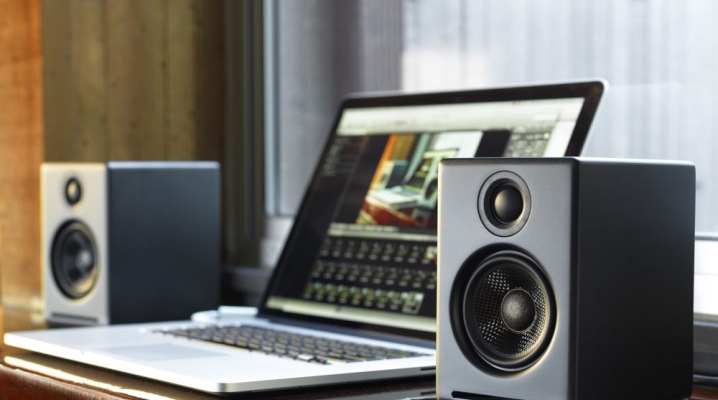
Wheezing of speakers while listening to music and other audio files creates significant discomfort for the user. In order to eliminate the problems that have arisen, it is necessary to first understand the causes of their occurrence.
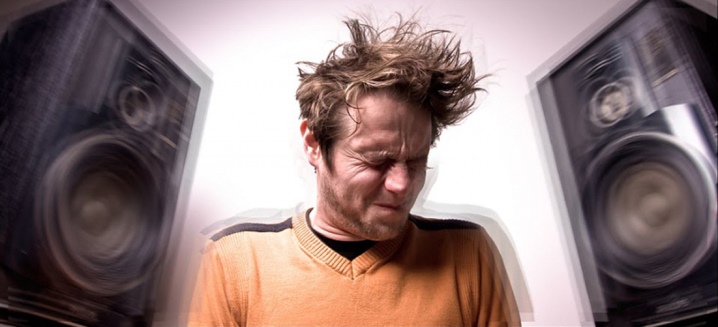
Causes
Before you take the speakers to the service, or try to solve the problem yourself, you need to find out the reasons for the failure. Speakers most often wheeze for the following reasons:
- mechanical damage to the speakers themselves or the wires through which they are connected;
- malfunctions in microcircuits and electronics;
- ingress of moisture or some foreign objects into the interior of the devices;
- speaker wear.
Another potential reason is mismatch of the connected equipment.
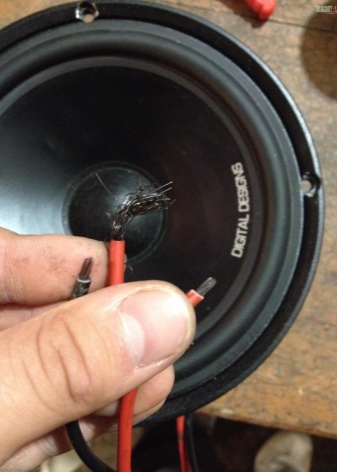
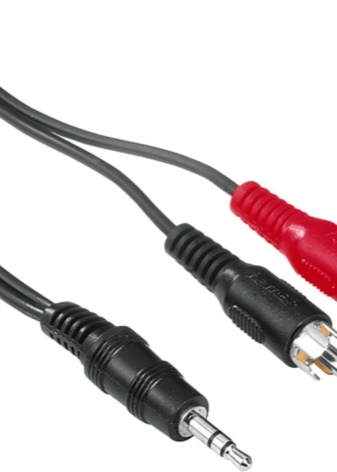
The nature of wheezing
Most often, owners of substandard speakers complain about wheezing during operation. In this case, interference occurs only at high volumes.
To try to find out the true cause of the defect, it is recommended to determine the nature of wheezing:
- temporary interference - wheezing appears immediately after switching on, and after a while disappears or is constant;
- symmetry - the speakers wheeze together or just one of them;
- dependence on volume - wheezing at high, low or when adjusted;
- the presence of wheezing if there is a telephone next to the speakers.
And also you should pay attention to the technique with which the audio files are played. Perhaps the reason is not in the columns. So, if the connected speakers wheeze on the music center, but not on the computer, then the problems arise precisely on the first audio equipment.
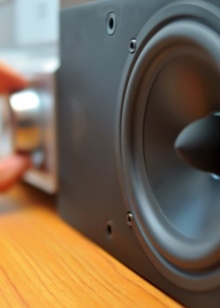
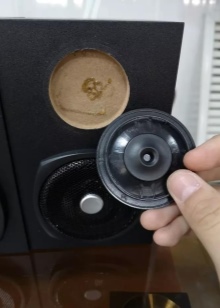
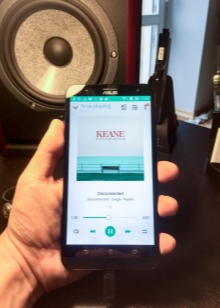
An important point! If new speakers begin to wheeze, then they can be sent for free diagnostics by contacting the seller.
What to do?
Having decided on the cause of wheezing, you should try to eliminate them yourself. Actions depend on the nature of the breakdown.
- If the speakers wheeze immediately after switching on, you should check the wires connecting them to the amplifier and other equipment. The plugs may not be fully inserted into the connectors. And also you need to check the wires for twisted fragments.
- When both speakers wheeze, it is likely that the reason is in technology (computer, receiver, music center). Failure of both speakers at the same time is a rarity. Finding out the situation is very simple - just connect the speakers to another source.
- If the speakers wheeze at minimum or full volume, then it is better to start the test with a quiet sound. If wheezing is heard in this case, then the problem can be solved by reconnecting the wires to the speakers. They might be damaged or just poorly connected. If the wires are damaged, you can try to fix them with electrical tape. When problems are heard at high volume or bass, then this can also be tried to fix. The first thing to do is to wipe the speakers from dust, and also check for the presence of foreign objects in the inside. If the reason lies in the breakdown of a capacitor or electronics, then you cannot do without special knowledge. You will need the help of a wizard.
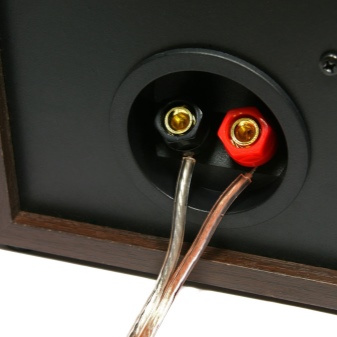
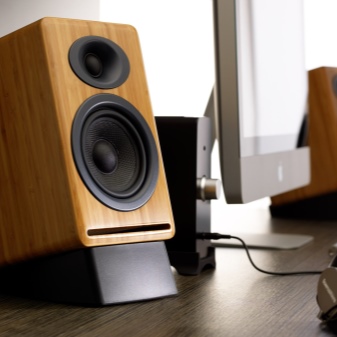
These are the main problems that can cause wheezing in speakers. Some of them can be handled at home, while others require service repair.
Sometimes the reason for unpleasant sounds lies not at all in the breakdown of the speakers, but in the fact that there is a mobile phone or other similar device next to them. It is noteworthy that only those speakers, inside which the amplifier is located, emit an unpleasant sound. This is because the mobile phone emits an electromagnetic field. A conductor in the immediate vicinity of the device begins to convert it into pulses of electricity. The impulse itself is rather weak, but it can increase several times if the phone is located a few centimeters from the speakers. Because of this, the speakers begin to emit an unpleasant ringing sound, which then disappears, then resumes again. Often such wheezing is emitted by bluetooth speakers.
The solution to this problem is very simple - you just need to remove the mobile phone from the speakers. Unpleasant sounds will disappear on their own.
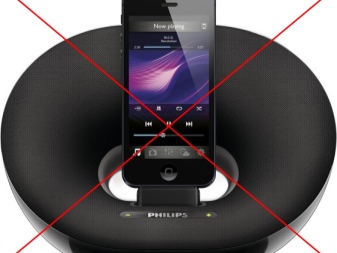
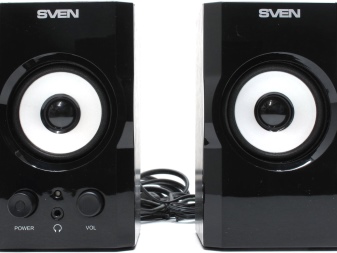
Prevention measures
If new columns wheeze, then it is better to return them immediately to the seller for diagnostics or replacement. But if initially the accessory works well, then in order to avoid potential problems, preventive measures should be followed. They are uncomplicated.
- You should regularly dust off the speakers. It is better to do this at least once a week. In this case, you should not wet the napkin too much, since excess moisture can get on the speakers, which will also provoke a breakdown.
- Connect speakers to an audio device carefully, avoiding sudden movements.
- Avoid bending the wires at an acute angle, mechanical impact on them (for example, crushing by the table leg), as well as twisting. All this contributes to a decrease in wear resistance.
- Do not put any heavy objects on them, for example, flower pots.
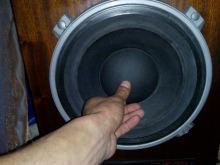
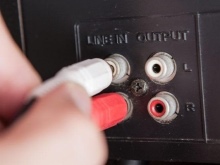
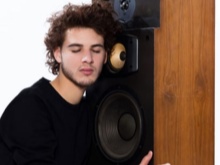
It should be understood that any column will wear out over time.
This happens especially quickly when the user regularly listens to music at high volume. That's why if you intend to use the speakers intensively, then you should not save on them. It is better to choose a more expensive but high quality model. And when a breakdown in the form of wheezing does appear, you should find out the reasons, excluding them one by one, and then decide on an independent repair or contacting a service.
For information on the reasons for wheezing speakers, see the next video.













The comment was sent successfully.